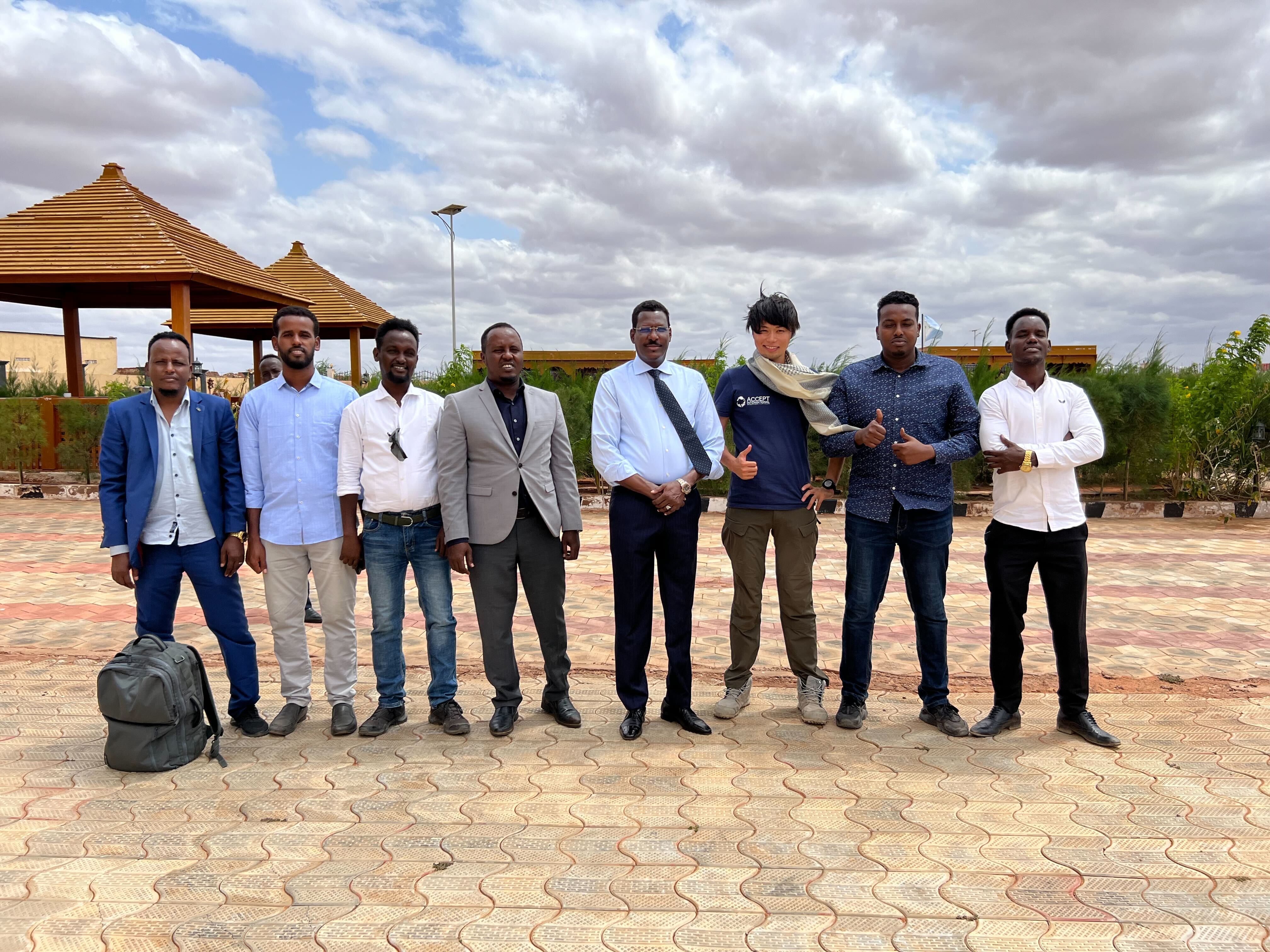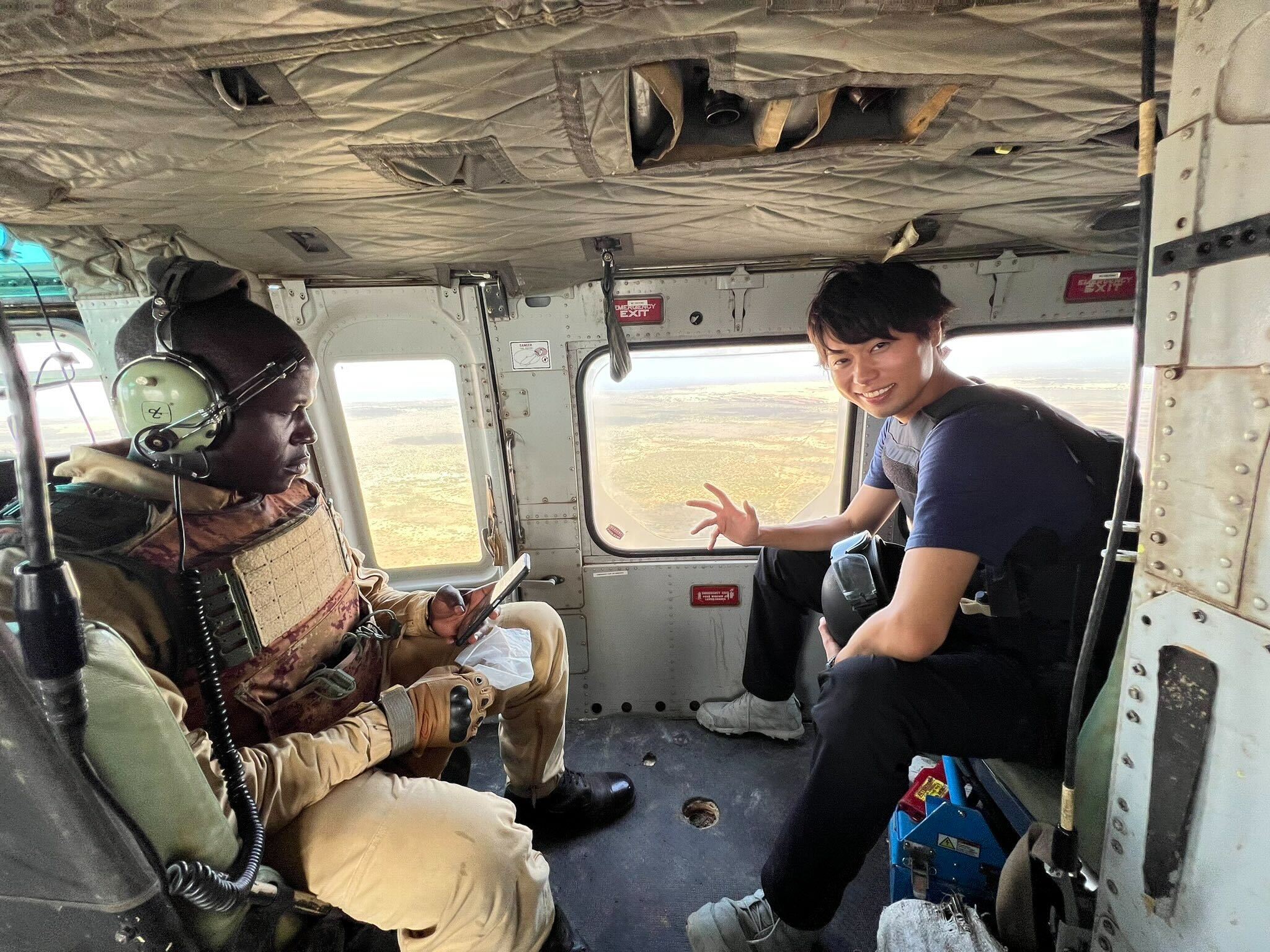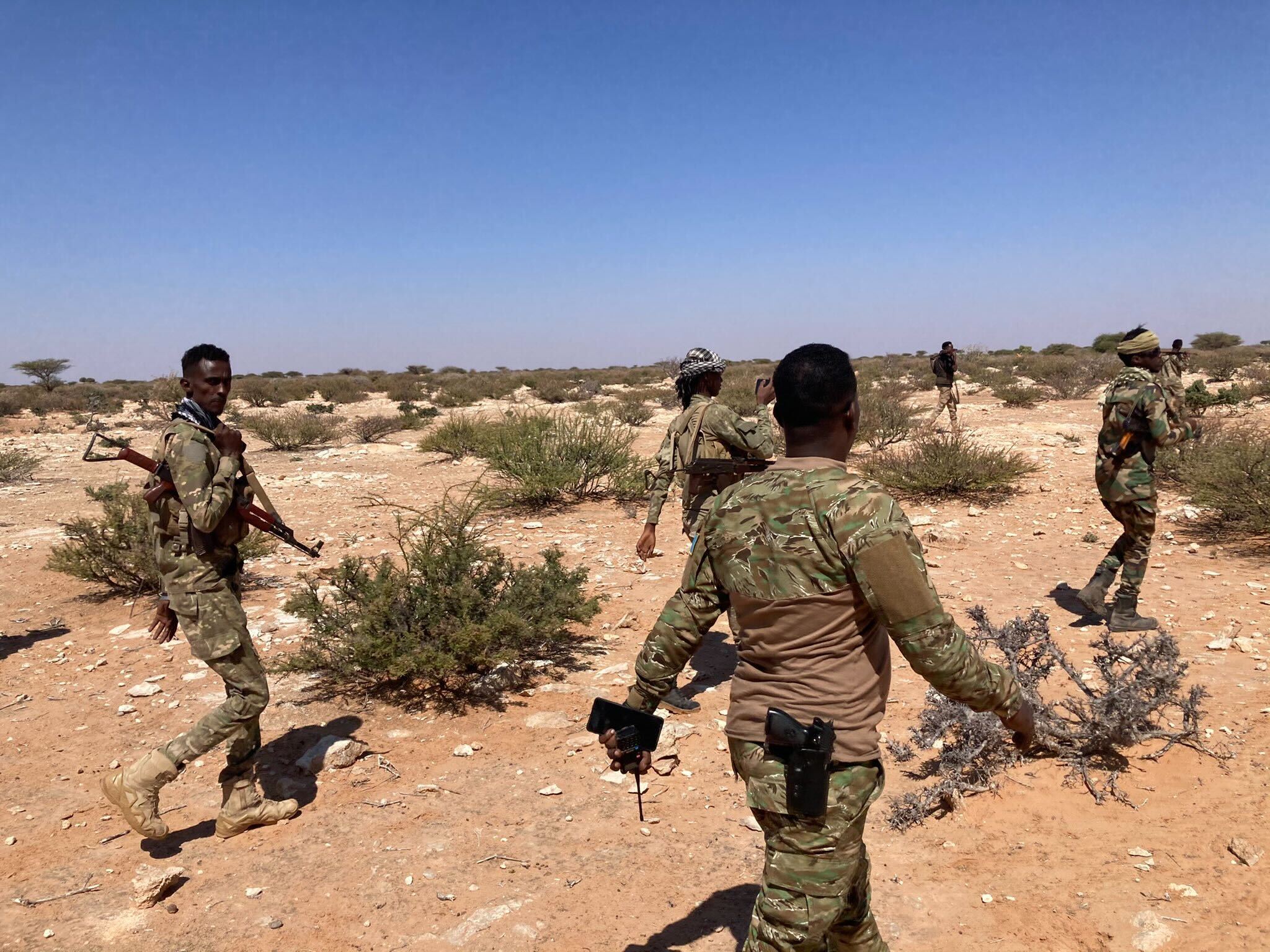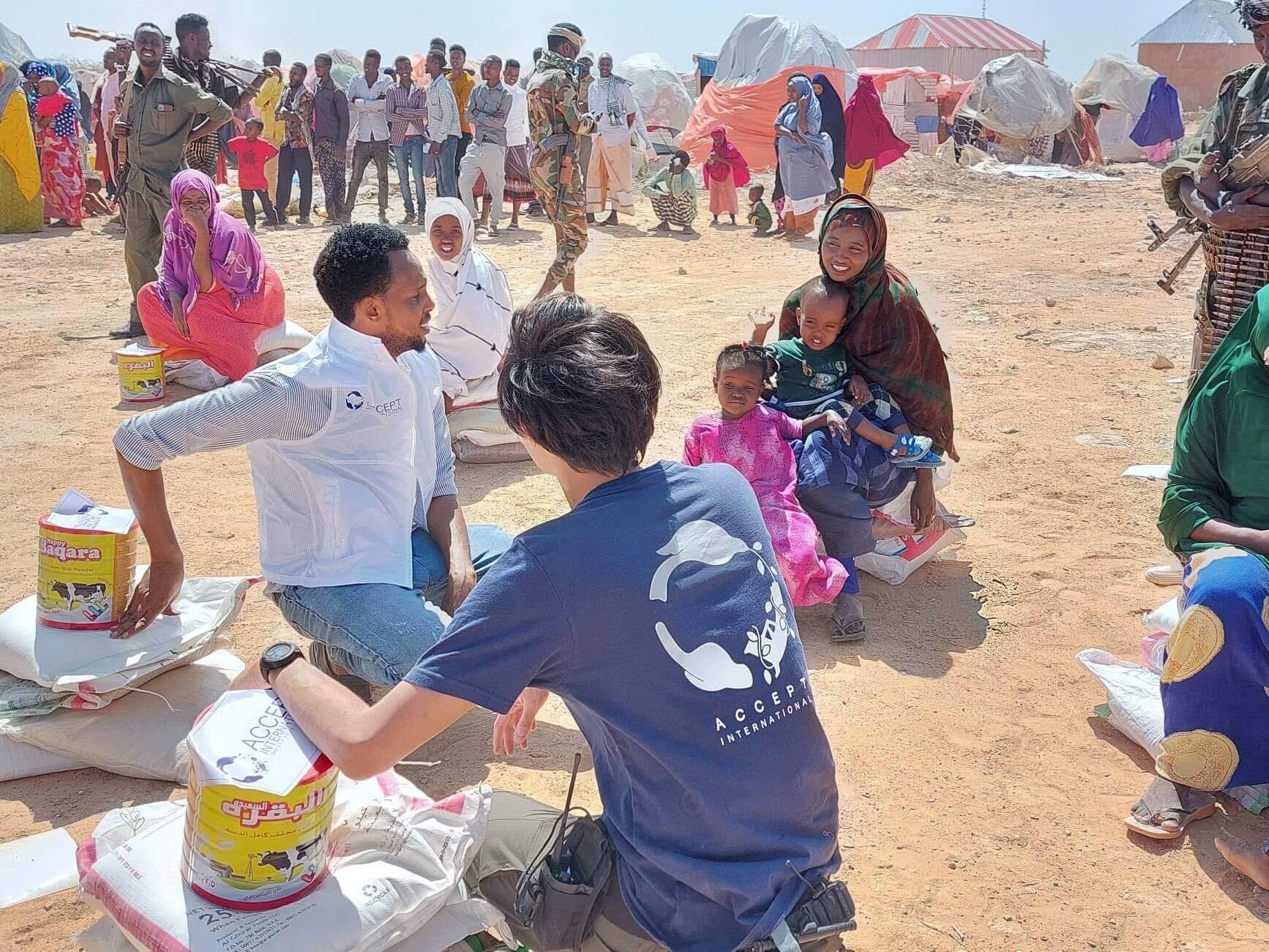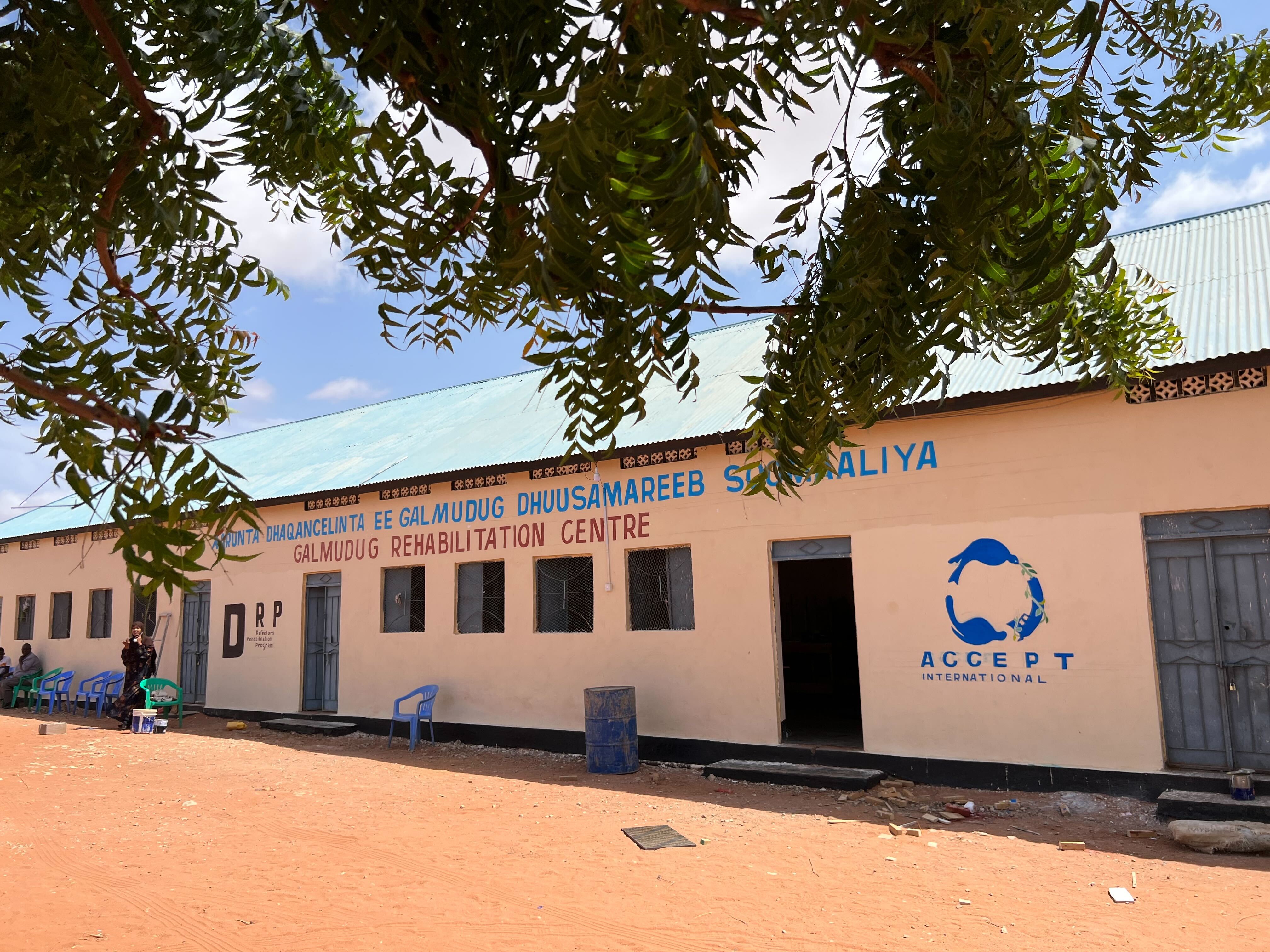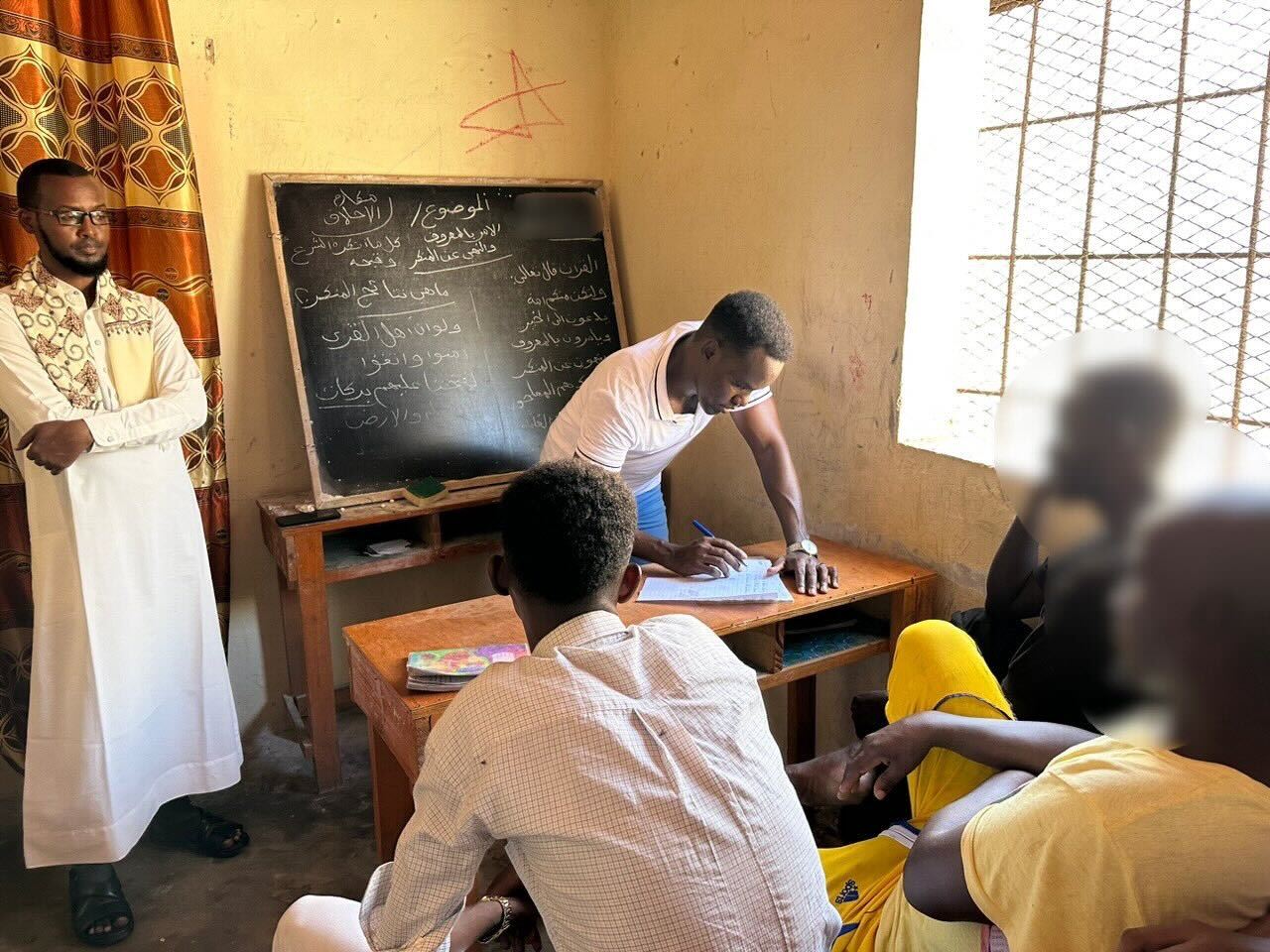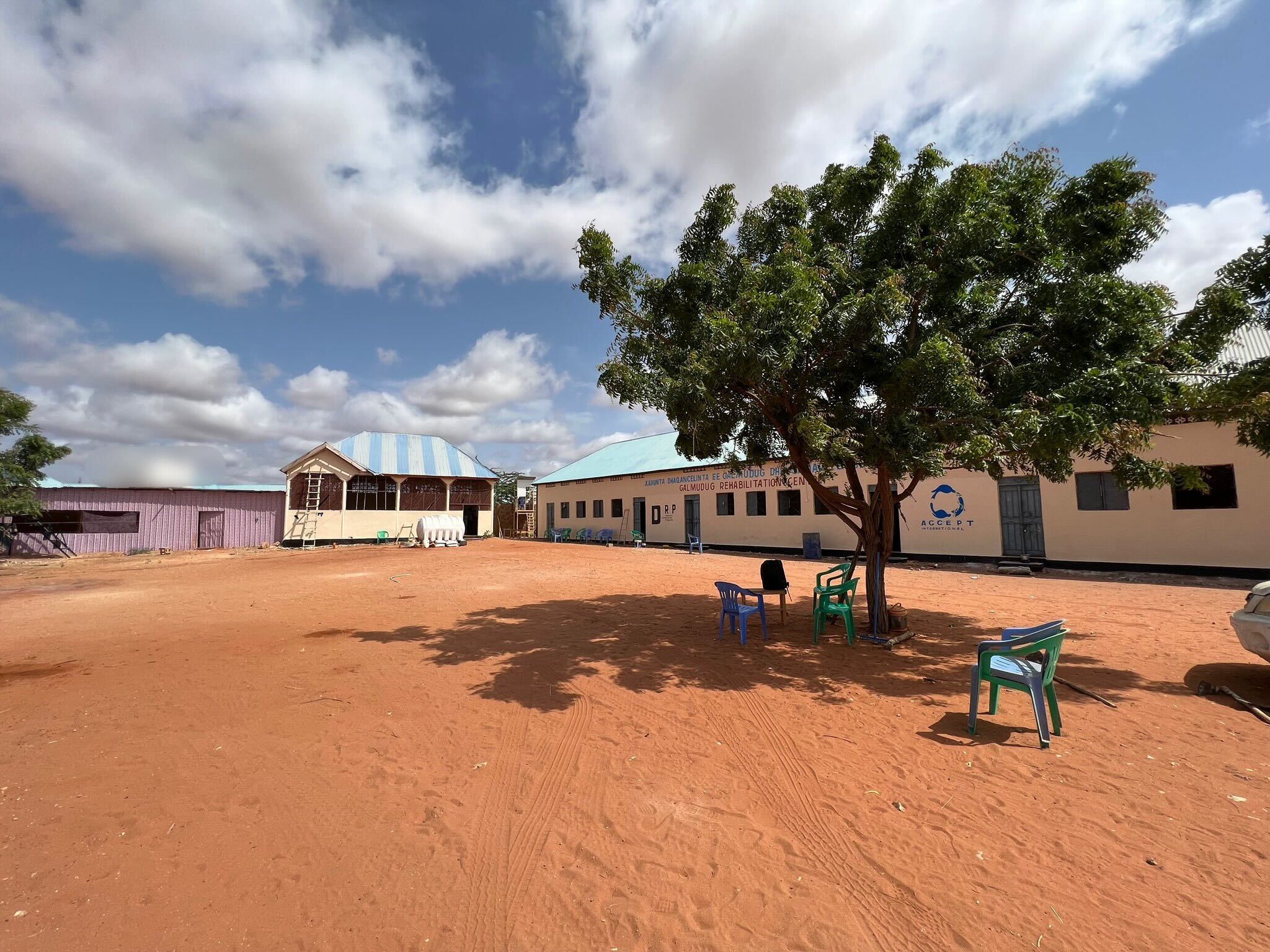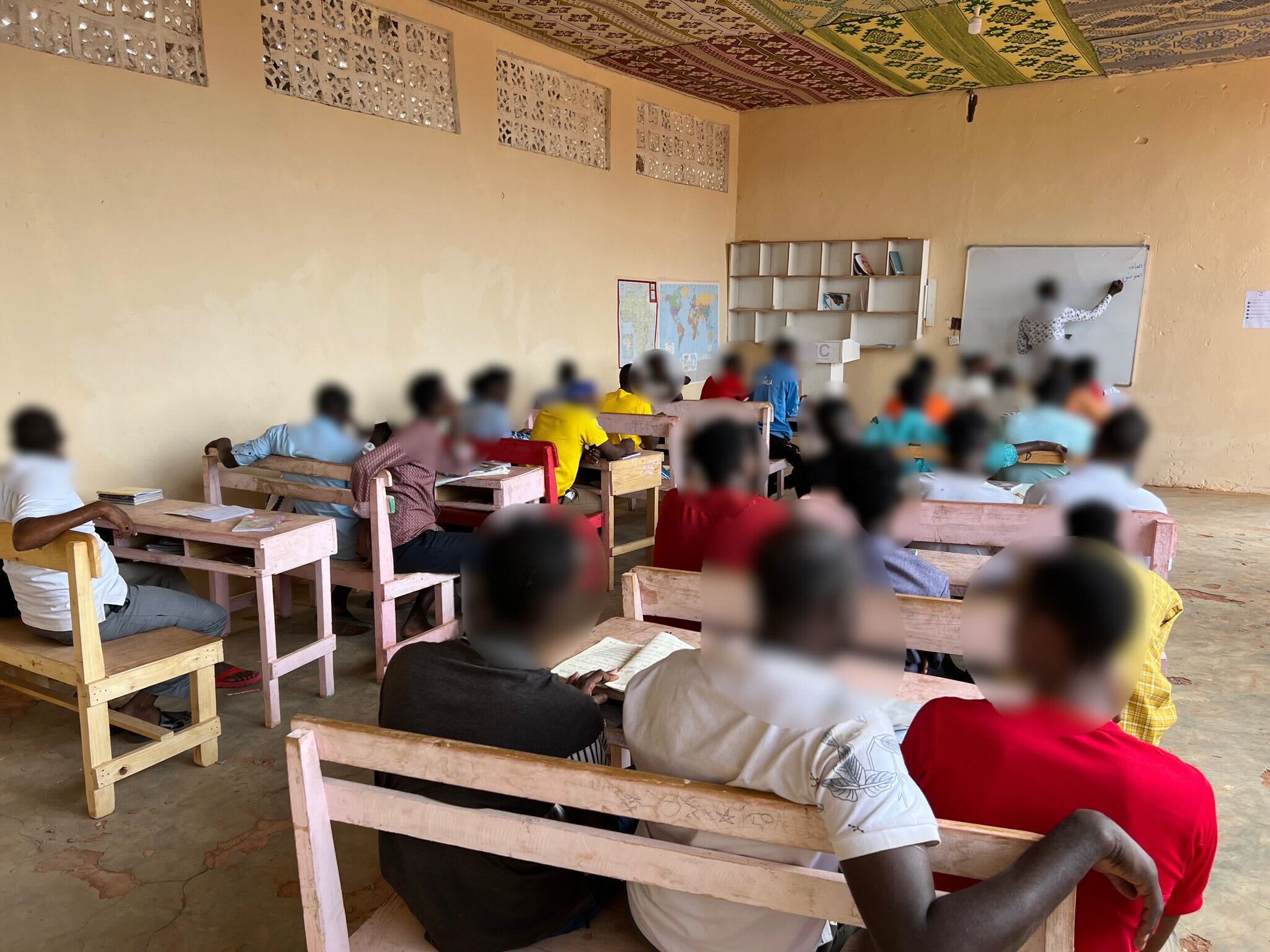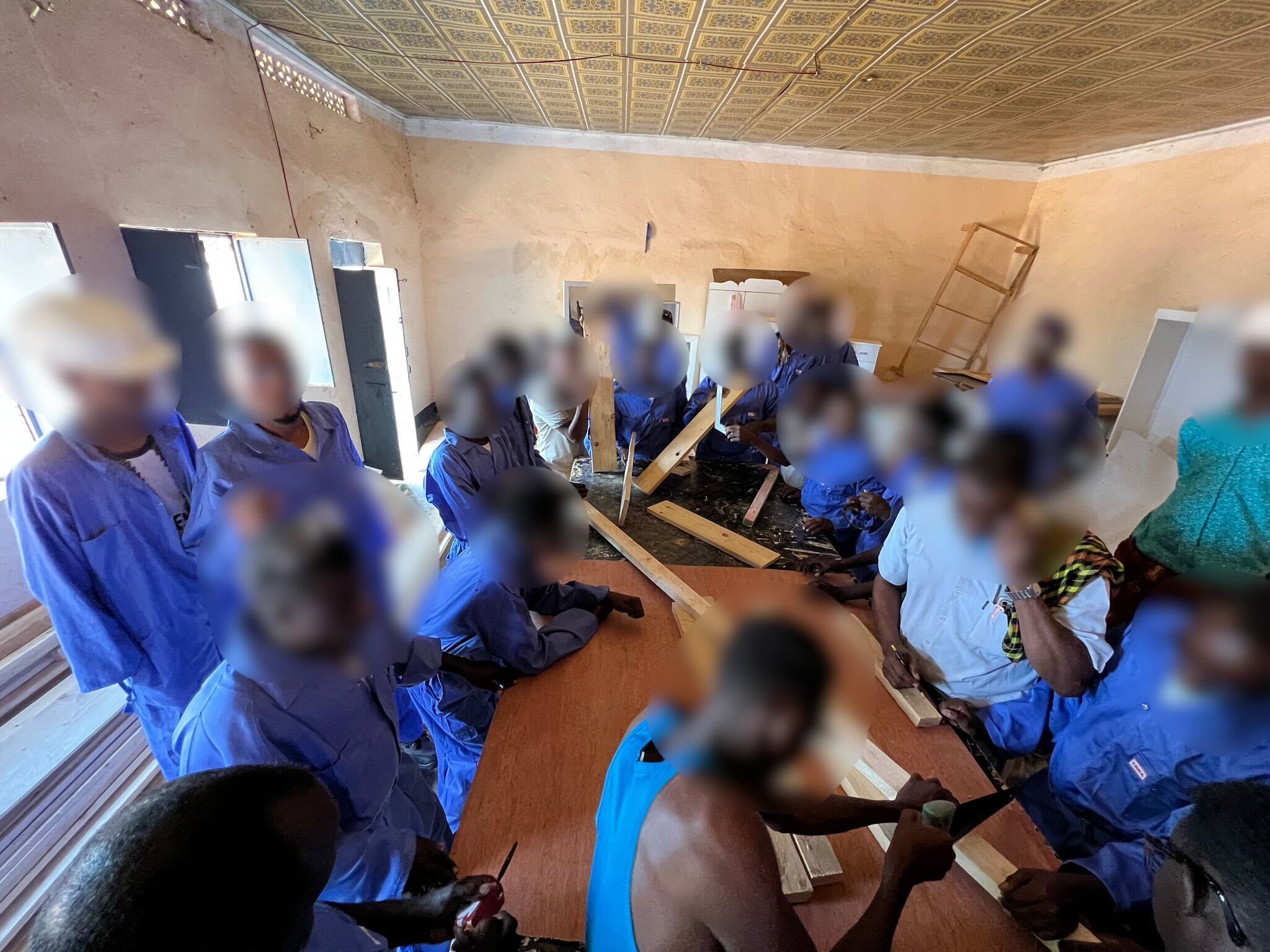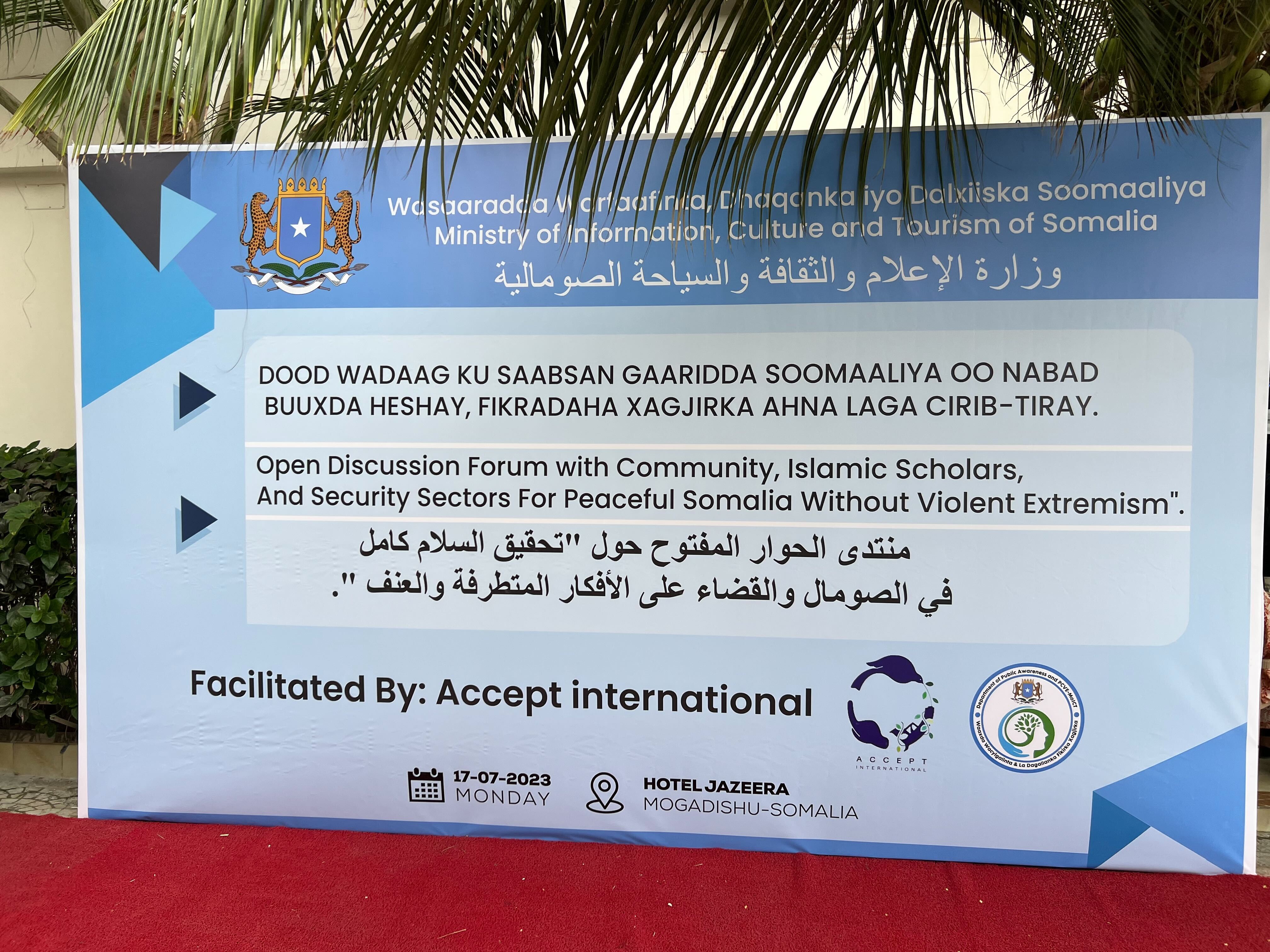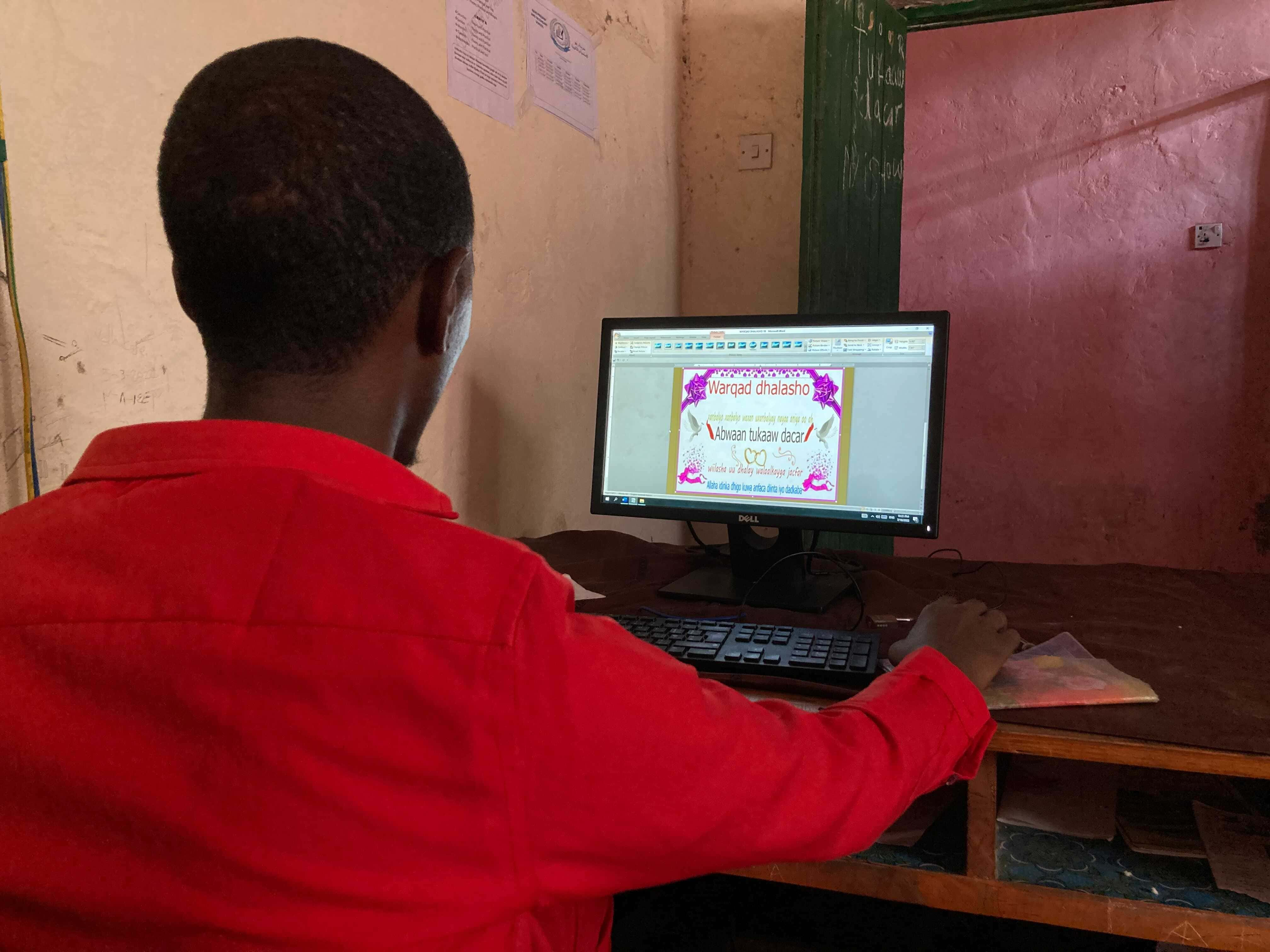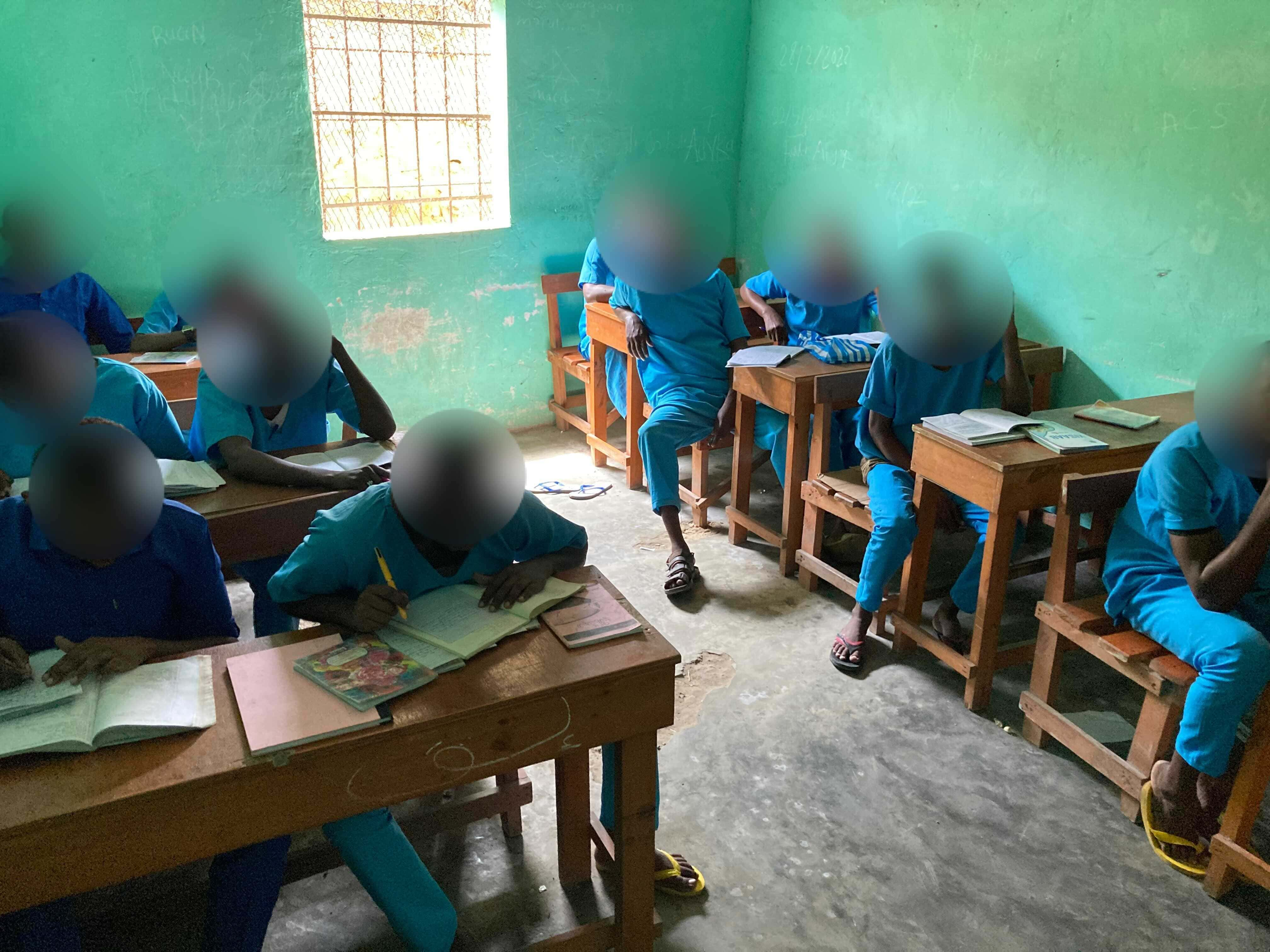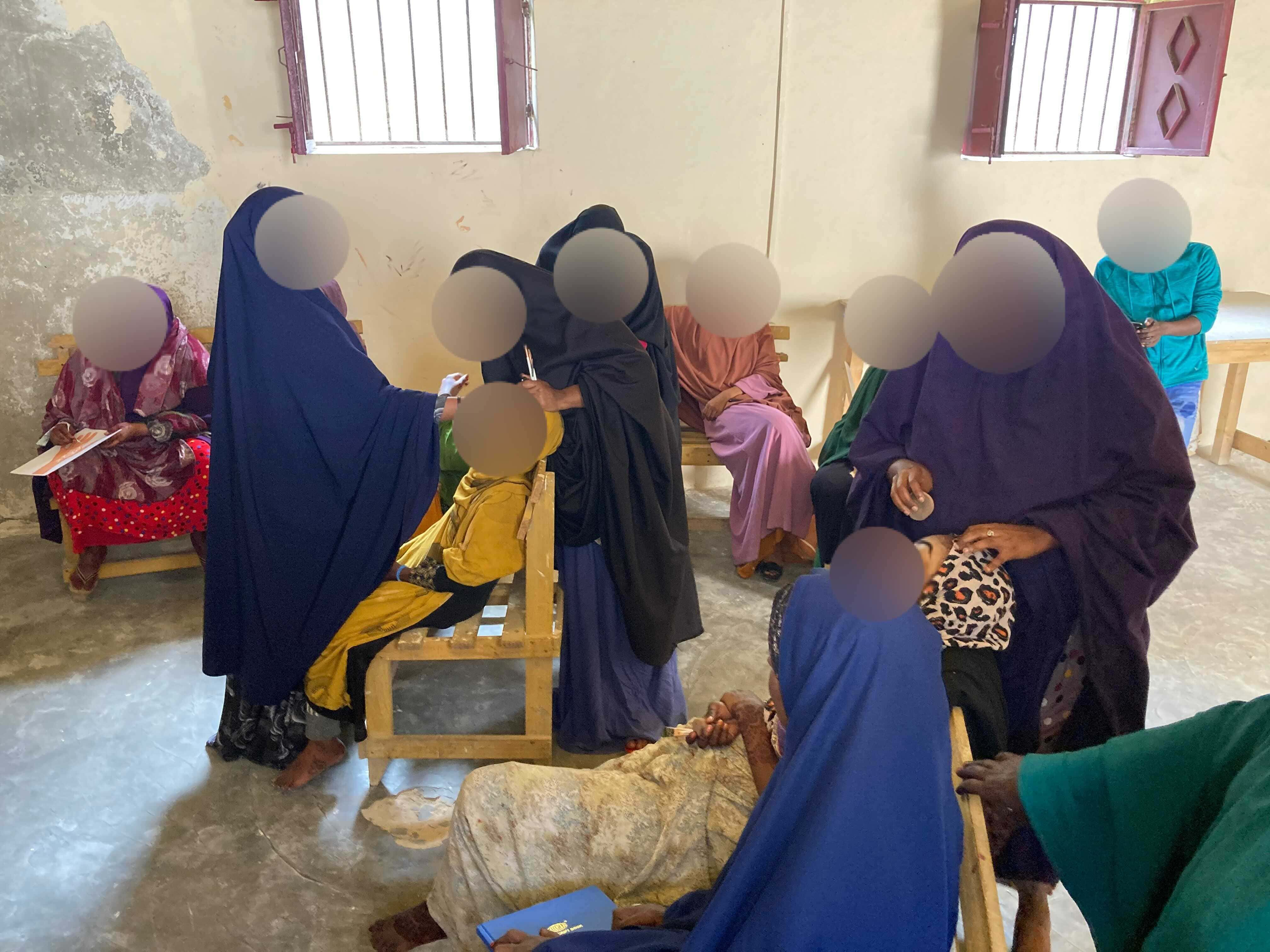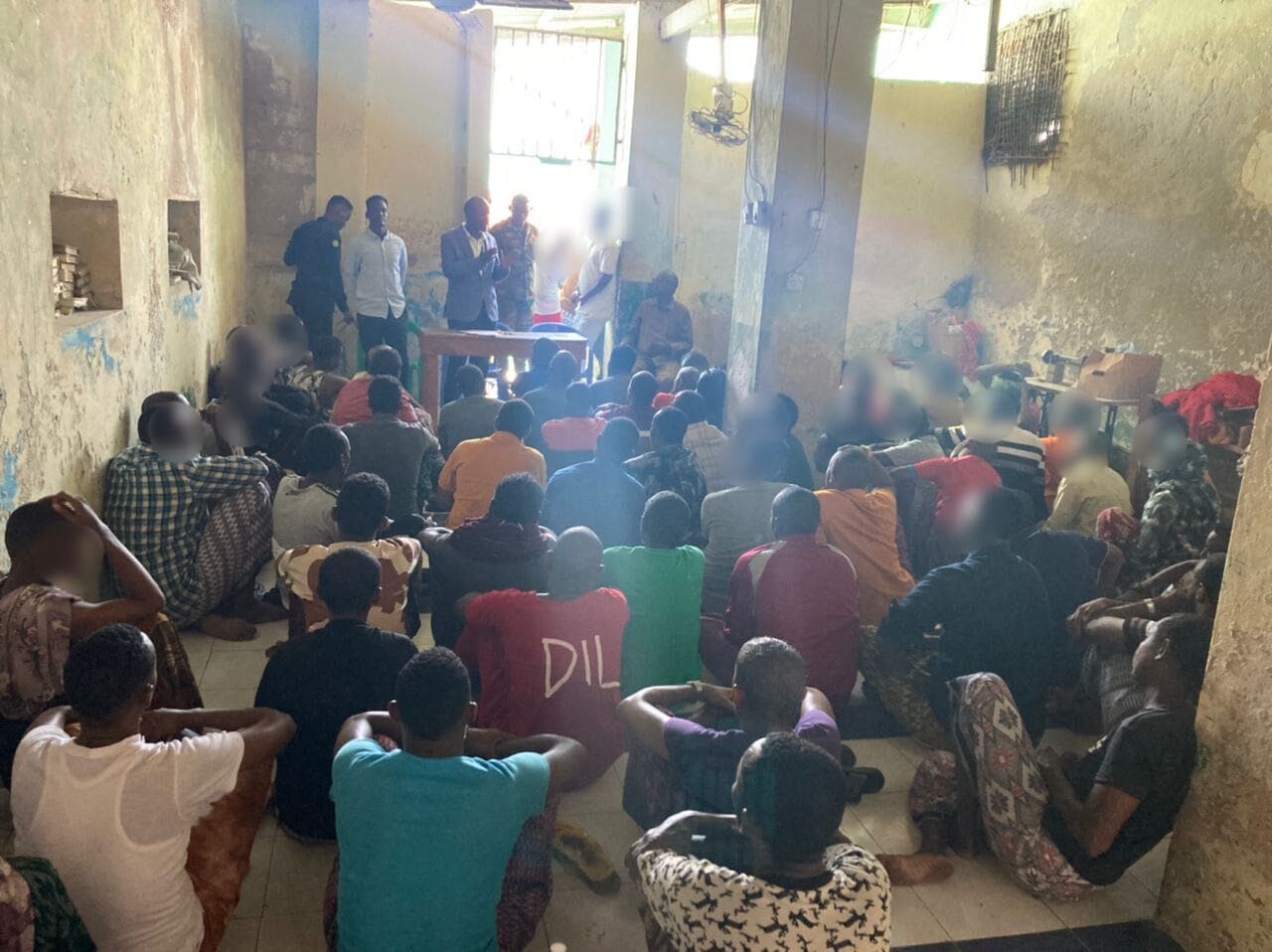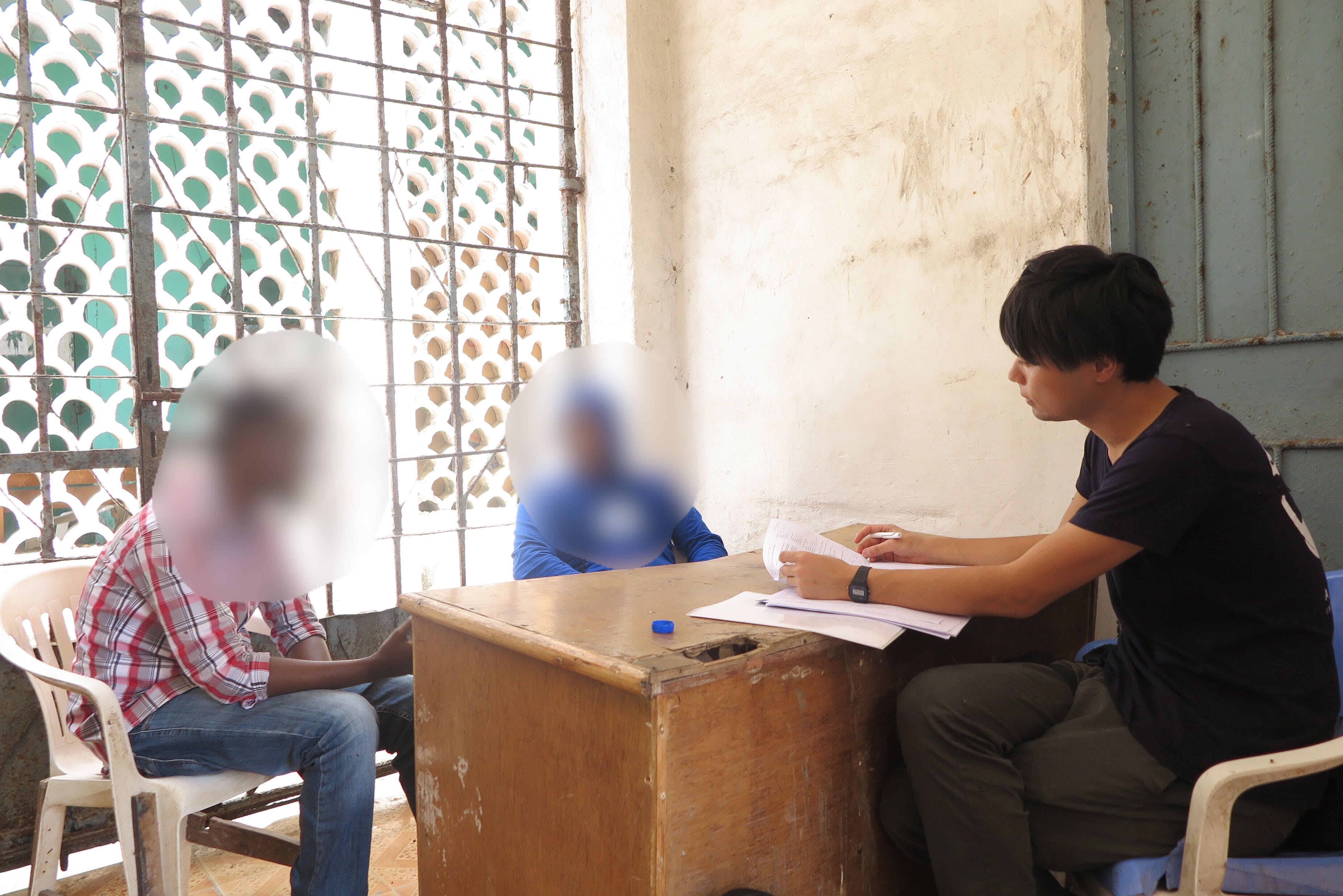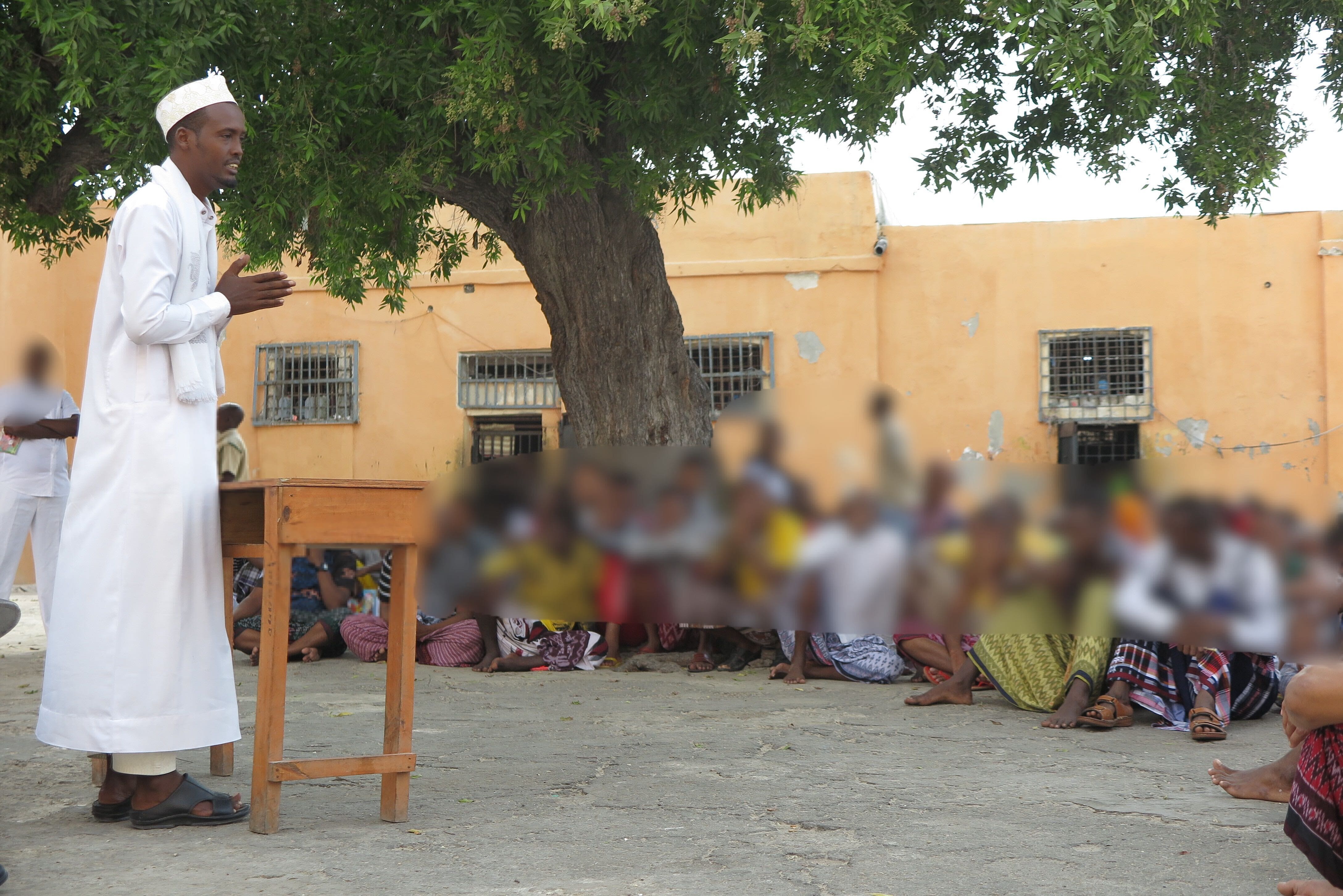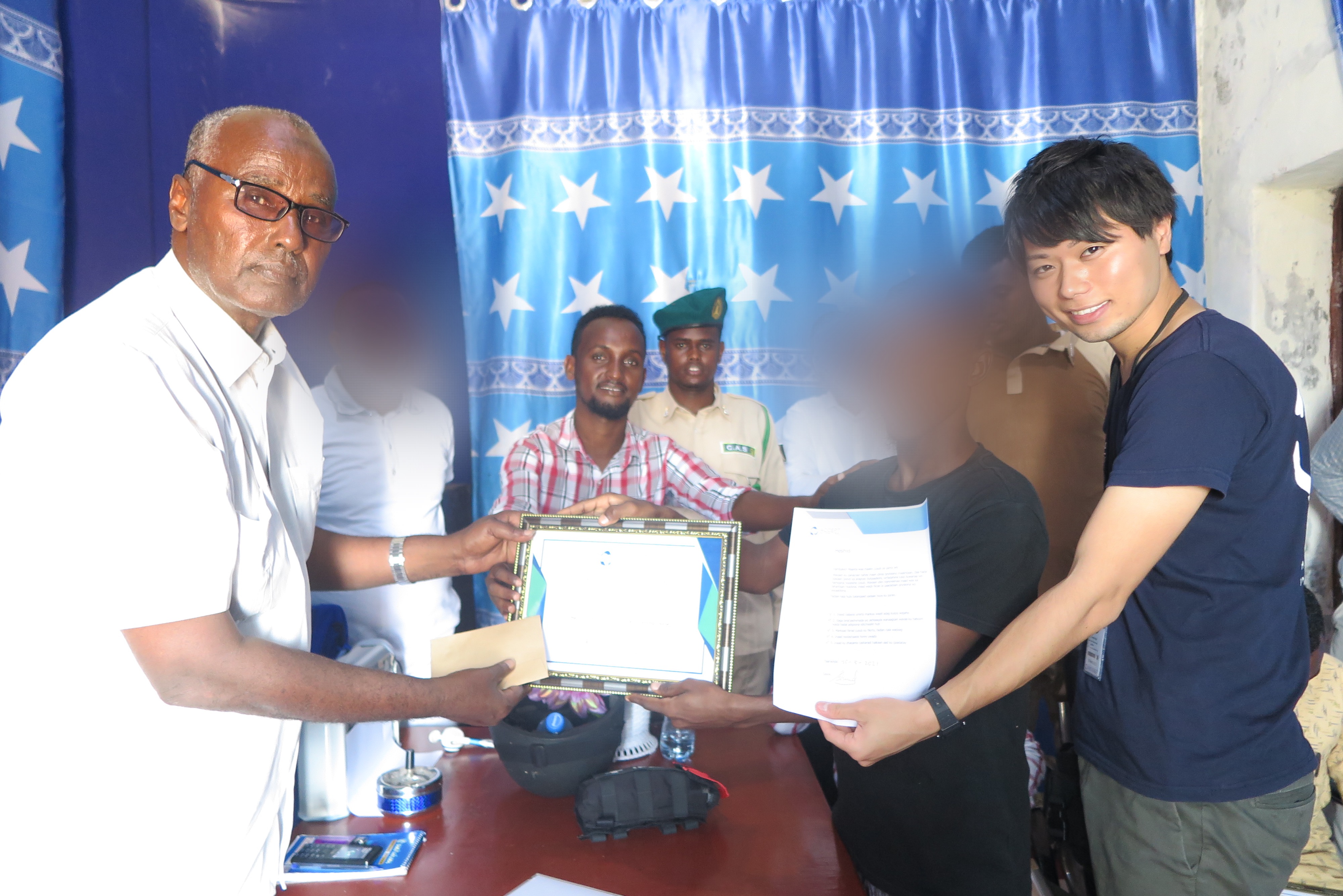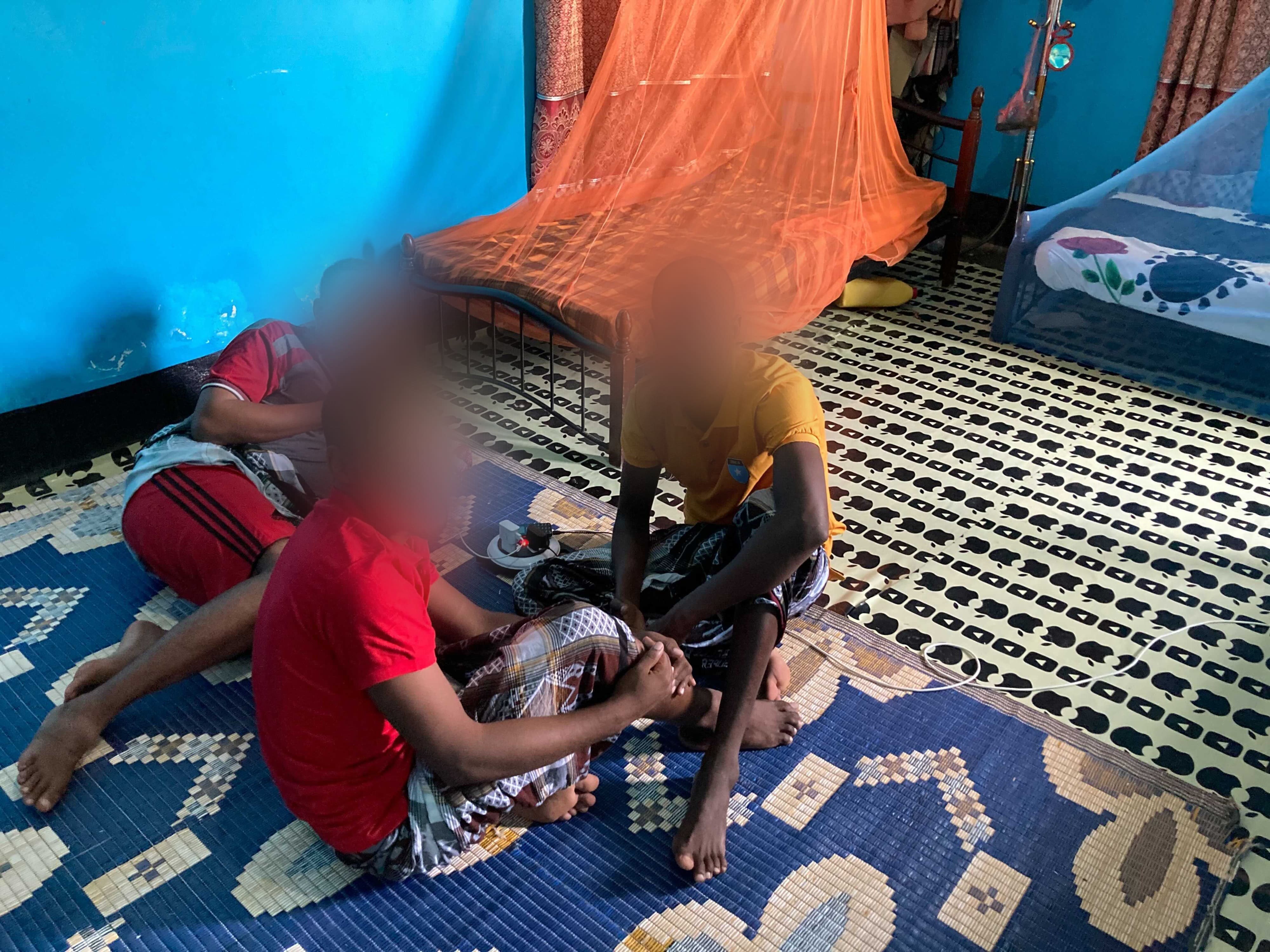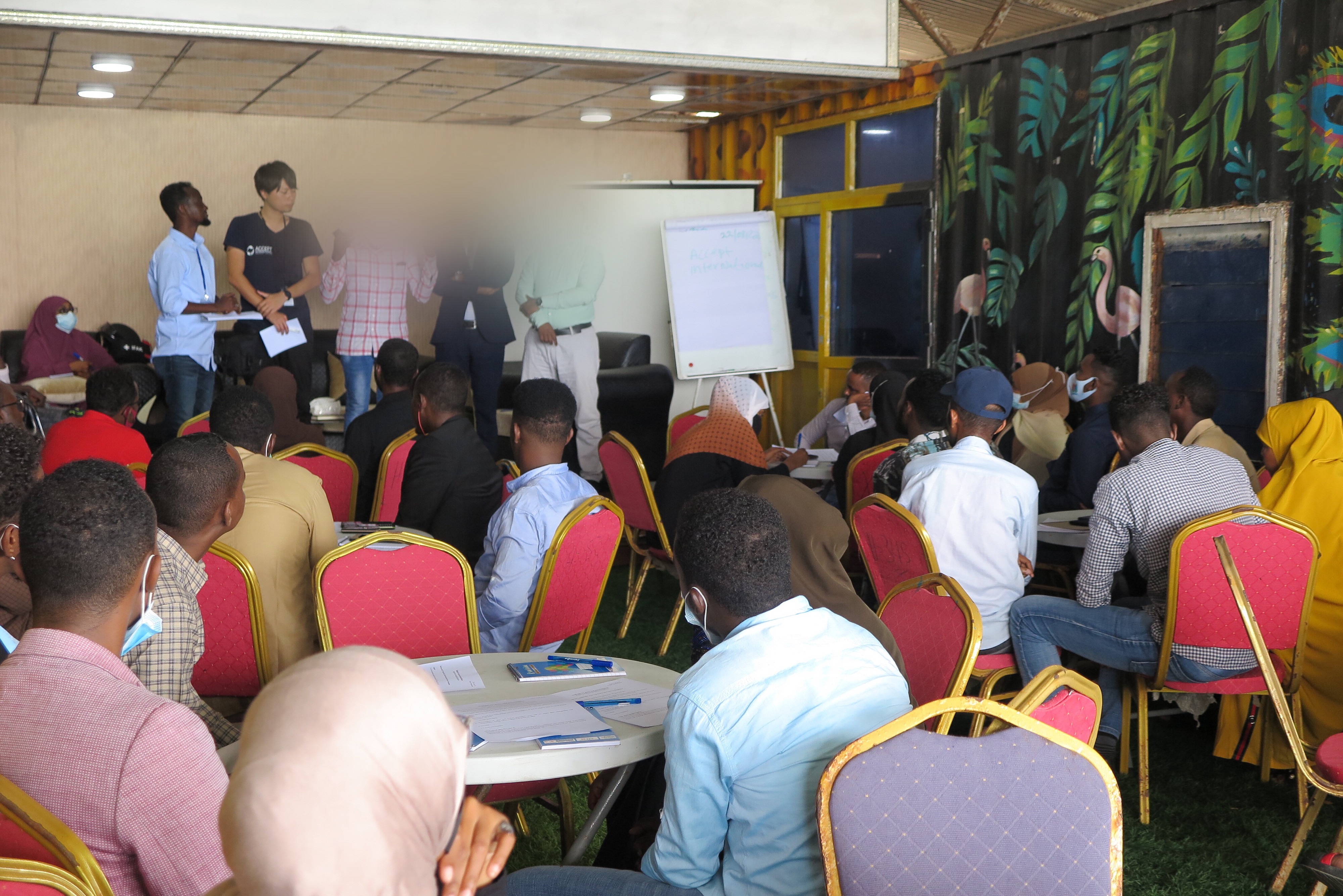Selected Activities in Somalia
In Somalia, little signs of peacebuilding processes have been seen, much less the establishment of peace agreements with Al-Shabaab. Under such a circumstance, the social reintegration of the defectors and prisoners of such violent extremist groups is extremely difficult. Hence, further strategic action is necessary. Developing a framework called DRR (De-radicalize, Re-insertion, Reintegration), we implement various programs in prisons and rehabilitation centers.
The DRR Project aims to build peace, counter violent extremism, and empower youth development through tackling issues of terrorist activities caused by violent extremist organizations. Operating mainly in the Mogadishu Central Prison and Dhusamareb Rehabilitation Center, the project targets incarcerated extremist members in Mogadishu and defectors in Galmdug state. We also target women who have participated in violent extremist activities. As indicated in its name, the project will “De-radicalize” ex-VEO members, “Re-insert” them into their communities, and realize “Re-integration” through continuous support. Moreover, strategic outreach activities that promote further defection by active members from their affiliated VEOs have also been implemented in the DRR project. The activities held under the project are as follows:
Care Counseling; Mental and psychological supports; Vocational Training; Life Skills Training; Basic Education Session; Reconciliation Session; High Expectation Management Session; Interactive Religious Seminar; Long-term Follow-up.
As part of this project, we also assist the development of prison facilities and implement outreach activities to induce further defection of current Al-Shabaab members.
The Multi-functional Reception Center (MRC) and Dhusamareb Rehabilitation Center (DRC)
As well as Al-Shabaab prisoners who have been totally left behind, we have been aware that a large rehabilitation center (e.g., the Mogadishu Central Prison where the DRR Project has been in place) cannot be built across every region in Somalia, due to the lack of resources and attention. As such, it has been difficult to create an accessible, safe route for would-be defectors residing in areas where large rehabilitation centers are non-existent. Moreover, a large number of disengaged individuals in local communities who have not been taken in by the government-led programs (e.g., voluntary returnees, women, etc.) exist in local communities. Though such individuals equally need rehabilitation towards reintegration, such as vocational training and education, they have been left out and not paid much attention. To overcome such issues, the concept of a Multi-functional Reception Center (MRC) was developed.
The MRC is a small-scale facility that serves as a reception for defectors and a place to screen them. Moreover, Small-scale rehabilitation programs, consisting of basic education, religious studies, mental counseling, and vocational training, are offered in the MRC towards the above-mentioned individuals. The MRC is established in areas where large-scale rehabilitation centers are lacking, such as the frontlines of conflict. With our first MRC established in the Galmudug state in 2022, we finally expanded the center to accommodate 100 beneficiaries and rename the center as Dhusamareb Rehabilitation Center (DRC) as a full-fledged center.
We, as a donor and implementor, are operating the center with much commitment from the Galmudug state government, which creates outstanding harmony with real sustainability and local ownership. We will plan to fill gaps on the ground using these models with local leaders.
Humanitarian assistance with disengaged combatants for victims
In addition, various humanitarian assistance and support for the victim side, including vulnerable populations such as Internally Displaced Persons (IDPs), women, and children, have been implemented actively, especially in communities near our rehabilitation program sites. To develop and strengthen the resilience of communities and promote reconciliation, we arrange the involvement of disengaged combatants who graduated from rehabilitation programs, and provide space with them where they can do something together for communities.








